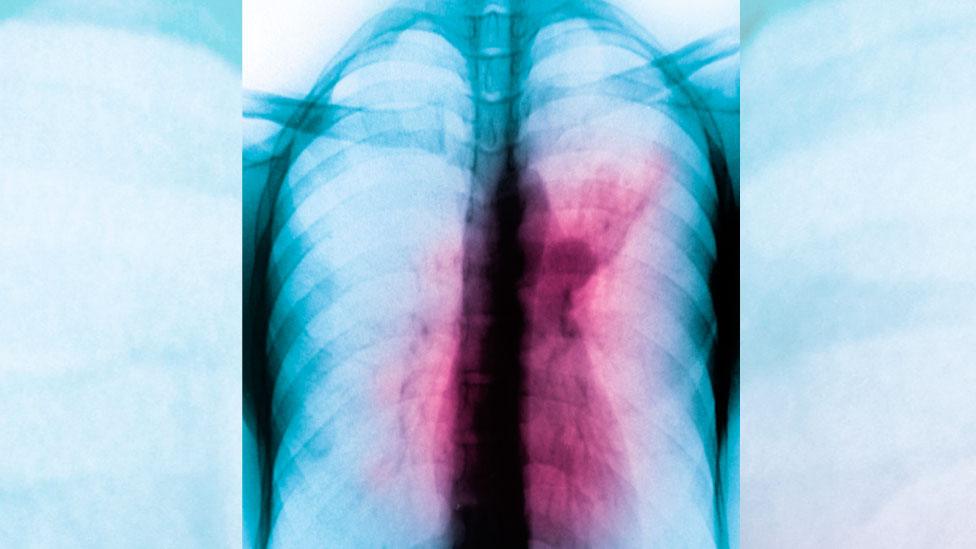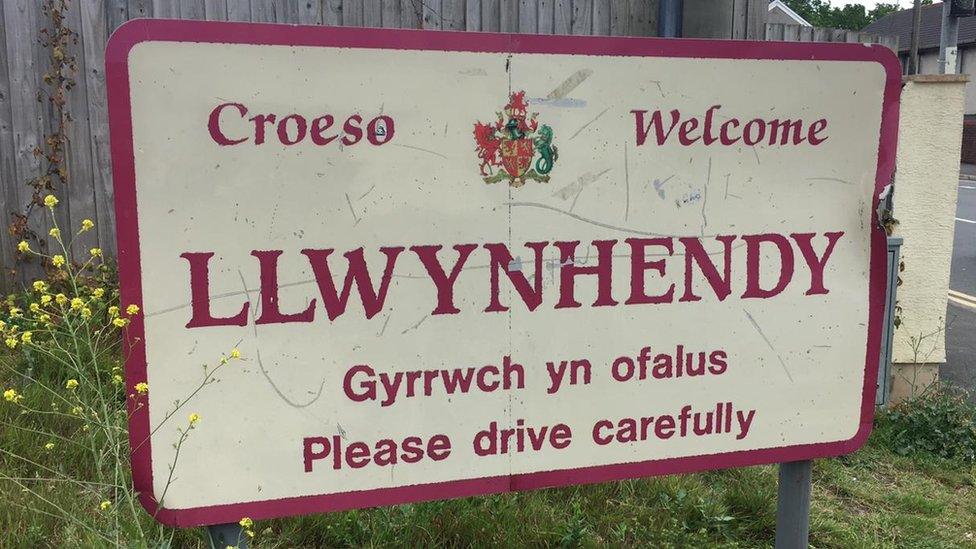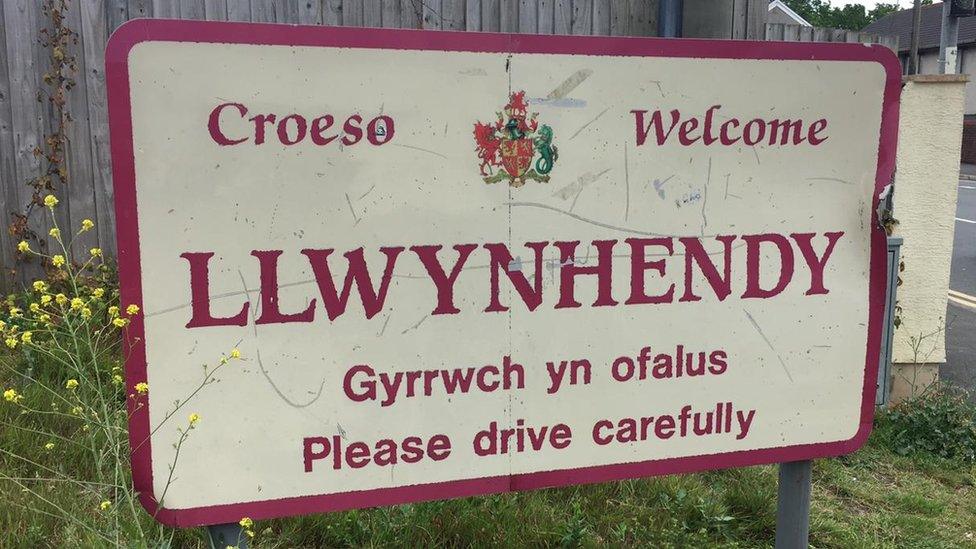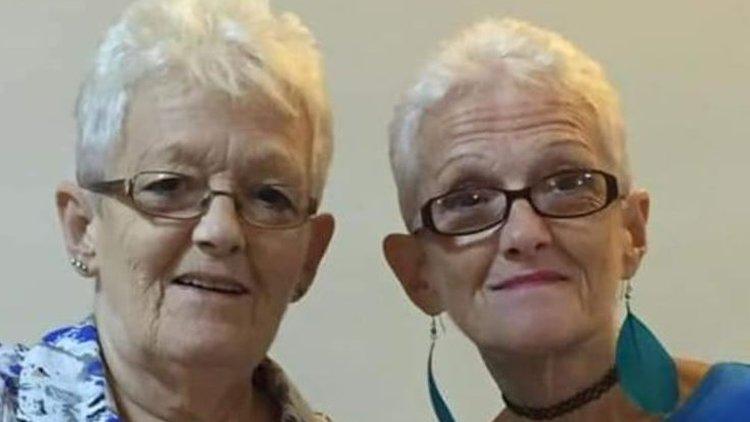TB outbreak: Hundreds of Llwynhendy contacts yet to be screened
- Published

In Wales, there are about 100 cases a year of tuberculosis
Hundreds of people identified as contacts following a tuberculosis (TB) outbreak in a Carmarthenshire village are yet to attend a screening, health officials have said.
Public Health Wales (PHW) said 31 cases of active TB had been identified since the 2010 outbreak in Llwynhendy.
PHW urged the 485 people who have been identified as contacts, but not attended a screening, to act.
More than 2,600 people have attended screenings since June 2019.
TB is a bacterial infection, spread through inhaling tiny droplets from the coughs or sneezes of an infected person.
It is a serious condition, but can be cured with proper treatment.
PHW said since 2010, 303 people - or more than one in 10 of those who had been screened - had been diagnosed with latent TB, which is not infectious and does not affect a person's quality of life, but may develop into active TB at a later date.
'Reluctant'
Dr Brendan Mason, from Public Health Wales, said: "We understand that during the coronavirus pandemic people may have been reluctant to go to a hospital to have their screening done, but I can assure them that there are safety measures in place in order to prevent the spread of Covid-19.
"Now is the time to get tested.
"It is really important that we screen all the contacts identified and make sure that anyone diagnosed with latent or active TB gets the monitoring or treatment that they need to prevent any further spread."
He said he was grateful to those who had already come forward.

The outbreak stretches back to 2010
What are the symptoms of TB?
A cough that lasts for three weeks or longer, does not respond to normal medicine and keeps getting worse
Fever (high temperature)
Sweating at night so much that the bed sheets need changing
Loss of weight for no reason
Fatigue (lack of energy or extreme tiredness)
Loss of appetite
Coughing up blood (this is very rare but needs immediate medical advice)
Source: Public Health Wales
Anyone who had been identified as a contact but not yet made an appointment has been asked to call 0300 303 9642.
Related topics
- Published30 May 2019

- Published31 May 2019
